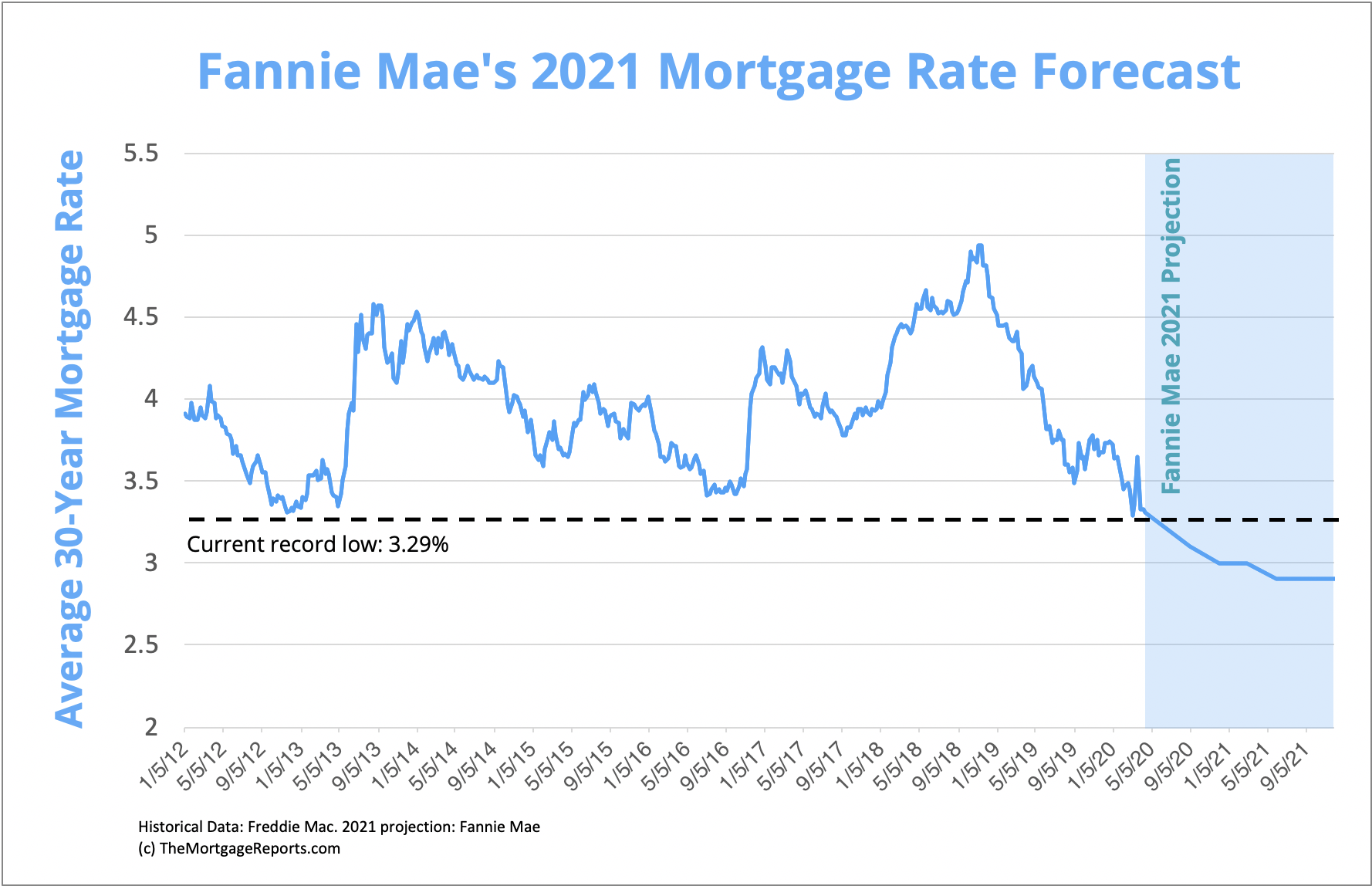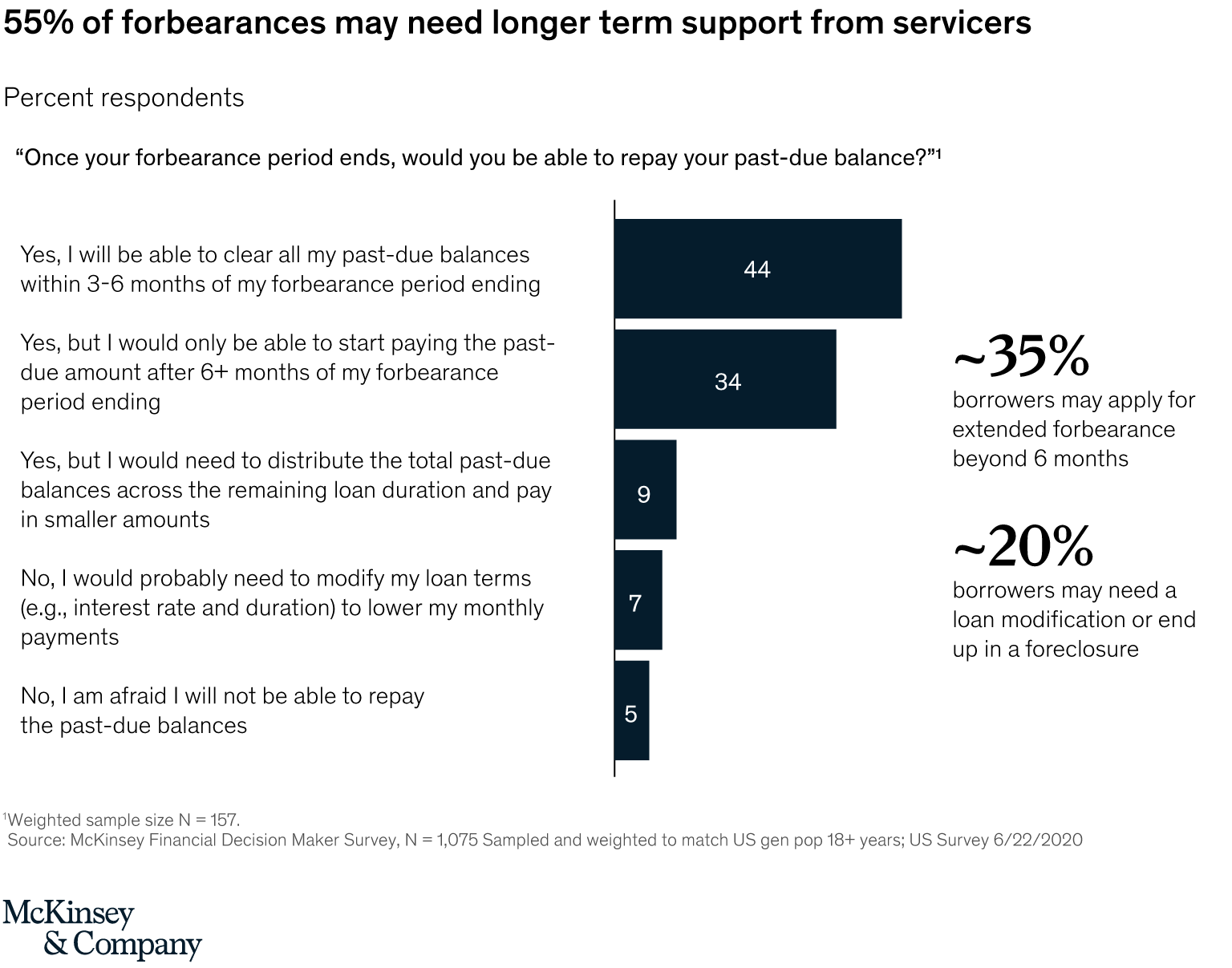For instance, if you earn $100,000 each year, you can pay for a house in between $200,000 and $250,000. Instead of merely borrowing the optimum loan amount a lender approves, you're much better served examining your approximated monthly home loan payment. Say, you get approved for a $300,000 loan. If your regular monthly mortgage payment and other month-to-month debts exceed 43% of your gross month-to-month earnings you might have difficulty repaying your loan if times get tight.
If you have actually been leasing for some time or you already own a home and are seeking to buy once again you likely have a strong deal with on the monthly home loan payment you can pay for. Renters should remember that owning a house or condo consists of additional costs such as real estate tax, upkeep, insurance, possible House Owners Association (HOA) charges and unanticipated repairs.
Handling a too-high regular monthly home loan payment will eat up cash that might otherwise go toward some of these crucial objectives. Your deposit plays a key role in determining your loan-to-value ratio, or LTV. To determine the LTV ratio, the loan quantity is divided by the home's reasonable market price as determined by a property appraisal.
Because lending institutions use LTV to assess borrower risk and cost mortgages, a lower LTV suggests you pay lower rates of interest on your home mortgage and may prevent additional costs. A lower LTV ratio provides less danger to lenders. Why? You're starting with more equity in your house, which indicates you have a higher stake in your property relative to the outstanding loan balance.
If you do fall back on your home mortgage and a loan provider needs to foreclose on your home, key west timeshare rentals they're more most likely to resell it and recover the majority of the loan worth if the LTV ratio is lower. In addition to evaluating your risk, lenders utilize the LTV ratio to price your home loan.
However if the LTV https://259685.8b.io/page8.html ratio surpasses 80%, meaning you've put less than 20% of the house's worth as a deposit, anticipate greater rates of interest. These rates cover the loan provider's increased danger of lending you money. Also, if your LTV ratio exceeds 80%, you'll likely pay for private home loan insurance coverage, or PMI.
For example, some loans guaranteed by the Federal Real estate Administration require both an up-front mortgage insurance premium that's paid at closing, along with yearly home mortgage insurance premium (MIP) for the life of the loan. While FHA loans have a low, 3. 5% down payment requirement, the total cost of borrowing cash as computed in the annual percentage rate tends to be much higher for these loans.

Little Known Facts About How Many Mortgages Should I Apply For.
Residences at entry-level rate ranges generally sell quickly, and you want to put your finest foot forward when making an offer due to the fact that you'll probably have competitors. When markets are competitive and sellers get several offers, they wish to see purchasers' finest deals, including a sizable down payment. From a seller's perspective, purchasers who have more cash to put down are more appealing because they have more skin in the game.
Also, a higher deposit might beat out other offers that ask for sellers to pay closing costs or offer below asking cost. Somebody with a substantial down payment is not likely to request such support, and sellers are more most likely to work with a purchaser who has the cash and motivation to see the purchase through with minimal haggling (how did subprime mortgages contributed to the financial crisis).

Times have altered. Lots of homebuyers, especially newbie buyers, simply don't have a 20% down payment saved. This is becoming increasingly the case as house costs skyrocket in numerous U.S. housing markets. For instance, the average existing-home price in January 2018 was $240,500, an 5. 8% increase from $227,300 in January 2017, according to the National Association of Realtors.
Newbie buyers using financing usually put down simply 5% of the purchase cost, the study discovered. For those who can't pay for a 20% deposit, numerous types of home mortgages provide a low deposit option. Fannie Mae and Freddie Mac, government-sponsored business that purchase and sell a lot of U.S. home mortgages, require only 3% down for customers with strong credit.
Fannie Mae's HomeReady home loan program allows a 97% LTV ratio for borrowers with a minimum credit score of 620. Freddie Mac's Home Possible Benefit home loan also uses a 97% LTV ratio for customers, but needs a minimum credit rating of 660 timeshare presentation to certify. Numerous loan providers use Fannie Mae and Freddie Mac's programs, and include their own down payment help advantage for a standard loan.
Wells Fargo's yourFirst Home mortgage permits for 3% down with no location median earnings requirements. These are just 2 of many alternatives. If you need a loan with a low deposit requirement, ask lenders about their offerings to assist you limit your choices. Jumbo loans are the most typical type of non-conforming conventional loan readily available to property buyers.
Due to the fact that jumbo customers provide more risk for a loan provider, expect to put 10% to 20% of the purchase cost down. Customers with credit scores of 700 or greater tend to get the finest prices, but some lenders will work with jumbo customers with a minimum rating of 660. Lenders may need you to have 10% of the house's purchase rate in cash or other properties in case you run into concerns repaying your home mortgage.
Fascination About What Are The Different Types Of Home Mortgages
5% down on FHA loans if you have a minimum credit rating of 580. FHA-approved lenders likewise will think about customers with non-traditional credit rating as long as you've had on-time rent payments in the past 12 months, no greater than one 30-day late payment to other creditors, and you have not had any collection actions (medical bills being the exception) submitted in the last 12 months.
Department of Real Estate and Urban Advancement for single-family and condominium homes and be within FHA loan limits. Another advantage of FHA loans is that you can use a monetary gift from a relative or pal towards all or part of your deposit, if you supply paperwork specifying it's a gift and not a third-party loan.
military service workers, veterans and their families can get approved for zero-down loans backed by the U.S. Department of Veteran Affairs. Other benefits consist of a cap on closing expenses (which might be paid by the seller), no broker fees and no MIP. VA loans do require a "funding cost," a percentage of the loan quantity that helps offset the expense to taxpayers. why reverse mortgages are a bad idea.
The U.S. Department of Agriculture assurances loans to assist make homeownership possible for low-income buyers in backwoods across the country. These loans need no cash down for qualified borrowers as long as residential or commercial properties satisfy the USDA's eligibility guidelines. Unique programs in your state or local real estate authority deal aid to newbie purchasers.
These programs, which usually offer support in the form of down payment grants, can likewise assist with closing costs. The U.S (what are the different types of home mortgages). Department of Housing and Urban Development lists newbie homebuyer programs by state. Select your state then "Homeownership Support" to discover the program nearest you. It can be an obstacle to save cash for a deposit on a house.